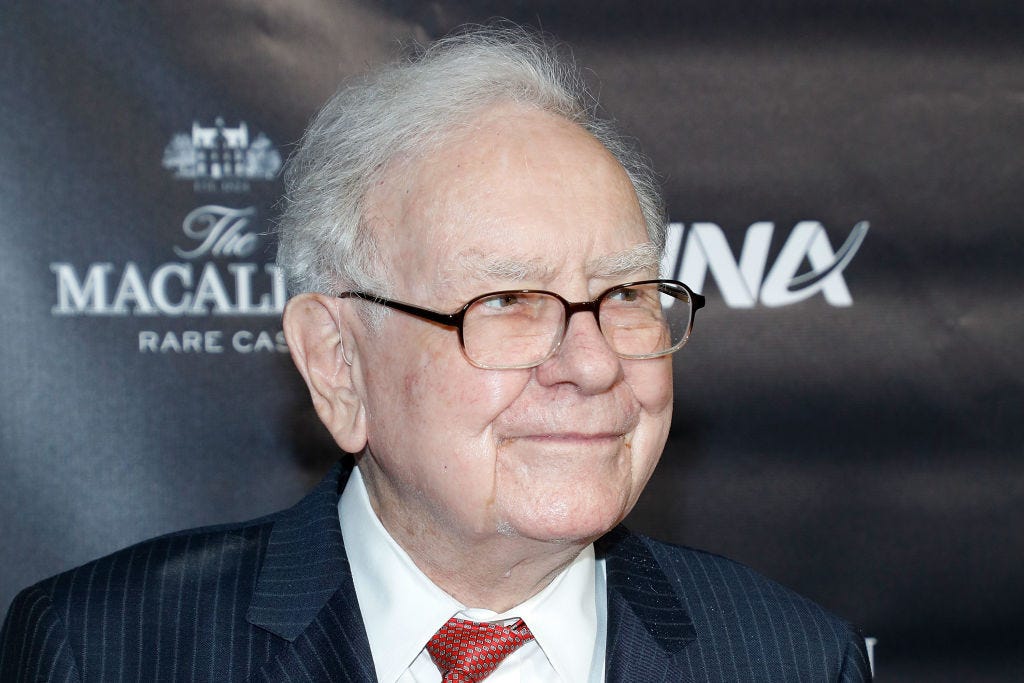Nothing Ventured
A deca-billion dollar fight over the meaning of the word “commissioned.”
“The promise given was a necessity of the past: the word broken is a necessity of the present.” – Niccolò Machiavelli
As many reading this article can surely attest, there are generally two types of people in business. In one camp sit those for whom their word is sacrosanct. Between members of this group, much business gets done with little more than a handshake, a commitment to deliver on promises, and an implicit acknowledgement that value is best shared among the partners that took the risk to co-create it. In the other camp sit those for whom their word is effectively meaningless. Loopholes are sought and exploited to gain advantage over their counterparties, contracts are merely opening salvos of future court cases, and paying for hardcore litigators is seen as an investment rather than an expense.
In a properly functioning society, business ethics would be highly prized and those who abuse others in this way would be shunned from the system. If few can be trusted, social order is tough to come by, let alone economic prosperity. For as much as this publication enjoys taking the occasional jab at Warren Buffett, few can deny that Mr. Aw-Shucks is a man of his word. True to one of Buffett’s many famous quips, “You can’t make a good deal with a bad person,” we are unaware of a single instance in which he wavered from a firm commitment, even during the great financial crisis of 2008. If Buffett strikes a deal, his word is “money good.” Alas, he is a member of an ever-shrinking minority.
Integrity in business is especially critical for the success of long-term, capital-intense projects that require complex partnerships and significant outside financing. In such circumstances, it has become standard practice for developers to share risks with their future customers, often by entering into long-term supply contracts with well-articulated pricing mechanisms. These formal commitments—typically triggered once the project is commissioned—are then used to support the acquisition of bank financing, thus paving the way for investment in projects that are critical for the long-term success of the global economy.
An analysis of the economic incentives involved when parties enter long-term supply contracts of this nature is relatively straightforward. In exchange for guaranteeing a minimum return to the developers—presumably, one that comfortably exceeds their cost of capital for the project—customers get surety of supply at known prices. If market prices fall below those specified in the agreement, the developer benefits from the ability to charge what had previously been agreed to. If prices go the other way, developers lose out on outsized gains and profits accrue to the customers. The entire point is to specifically share risks and rewards in this way. Integrated over time and across many such deals, wins and losses should roughly equalize.
With this nuance of heavy industry properly contextualized, we turn now to perhaps one of the most audacious commercial disputes in recent history. Venture Global, an upstart player in the US liquefied natural gas (LNG) market and builder of the massive LNG export facility at Calcasieu Pass in Louisiana, is locked in a bitter dispute with the very customers who helped facilitate that project’s financing. We turn to an article in S&P Global from last June for some background (emphasis added throughout):
“Venture Global pushed back against criticism from some foundation customers of Calcasieu Pass in the escalating dispute over the operator's wait to declare the LNG export facility ready for commercial service, saying its long-term contracts showed it had always planned to begin shipments ‘far in advance’ of completing the terminal. The comments from the US exporter followed reports that Italian offtaker Edison had started arbitration proceedings against Venture Global over the extended commissioning process and as the exporter's back-and-forth with another offtaker, Spain's Repsol, continued in a US regulatory proceeding.
Calcasieu Pass remains in the longest-ever commissioning period for a US liquefaction facility, since exporting the first cargo from the facility in March 2022, several months earlier than expected. Operating on a pre-commercial basis may have enabled Venture Global to make billions of dollars over the past year, having loaded some 173 cargoes at Calcasieu Pass as of June 12. The process, however, has also drawn objections from some customers who wanted the operator to start servicing long-term contracts sooner.”
By any objective measure, Venture Global’s inaugural LNG project has been fully operational for some time. According to data from the US Department of Energy, LNG exports from Calcasieu Pass averaged more than 1.3 billion cubic feet per day (bcf/d) for the entirety of 2023—volumes that are roughly equivalent to its nameplate capacity—and yet the company refuses to formally acknowledge that the facility is “commissioned.” In doing so, it appears to have reneged on at least the spirit of its contractual obligations and has profited from its ability to take advantage of historically high spot market prices for natural gas to the tune of tens of billions of dollars. This has come at the expense of the parties that made their business possible in the first place.
On what basis does the company make this stance? How will this situation be resolved, and what are the potential long-term impacts on the energy sector? Let’s wade into the dispute and learn more.



